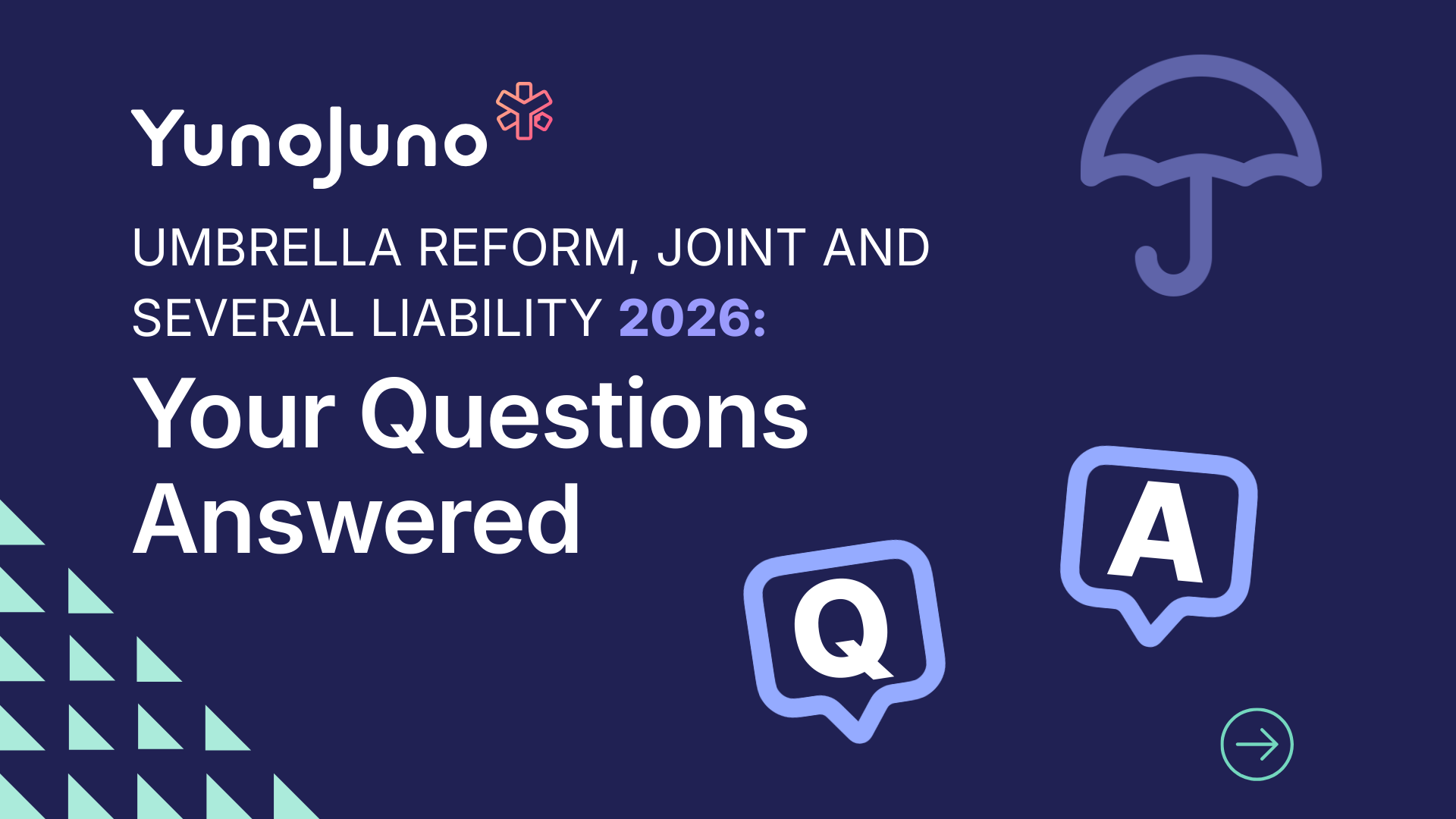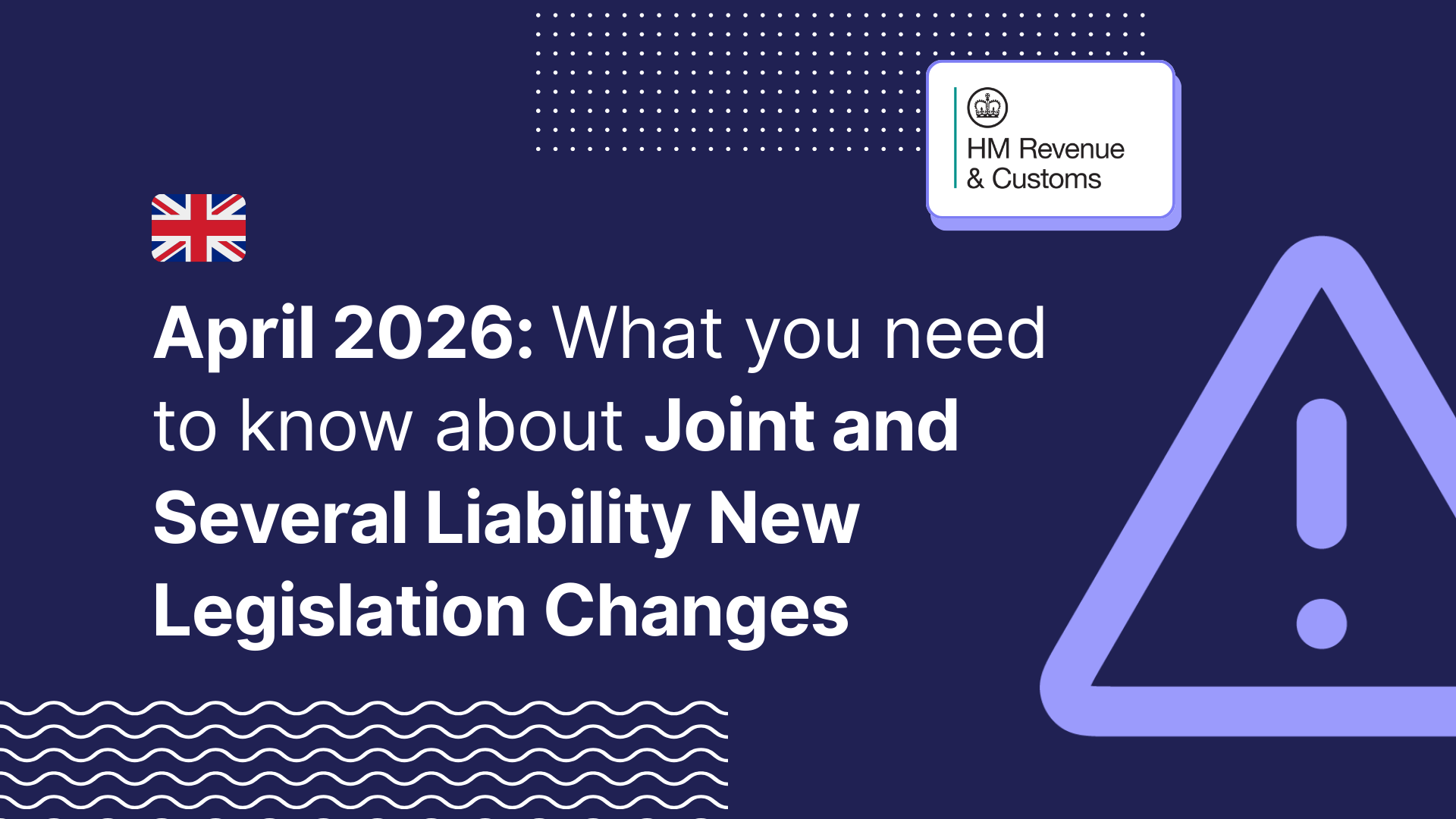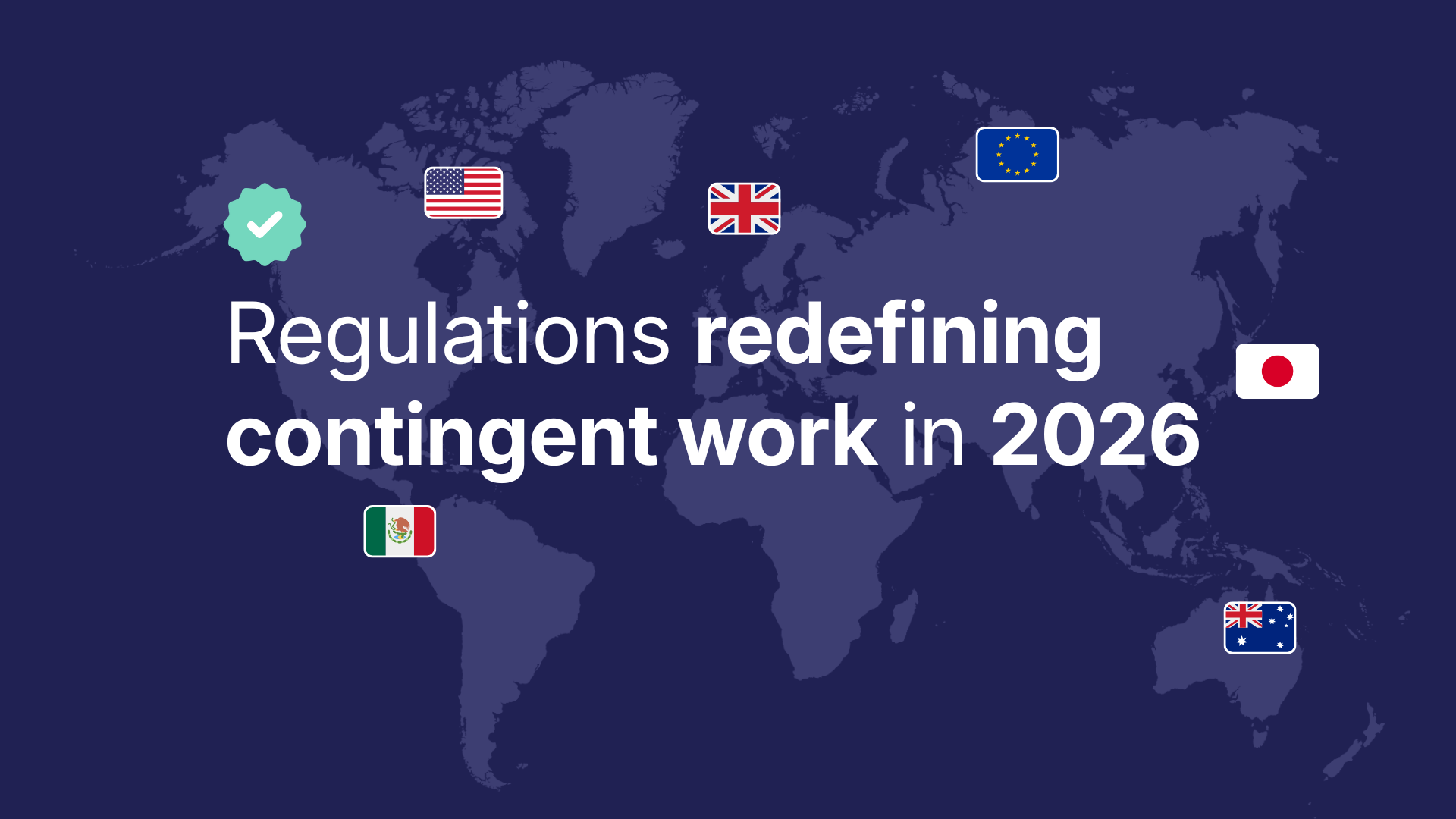In a significant policy shift, the US Department of Labor (DoL) is set to introduce a new Independent Contractor Rule on 11 March 2024 that could be set to change businesses relationships with their freelancers and contractors. The new rule affects how workers are classified as either employees or contractors and aims to ensure workers are correctly classified and able to receive benefits, like minimum wage and overtime pay, if they are entitled to them.
Acting Secretary of Labor Julie Su, who is spearheading this change, says the new rule aims to strike a balance between worker protection and business fairness, reshaping the landscape for employers, employees and contractors. This includes businesses outside the US that hire freelancers who are under the DoL’s jurisdiction.
What’s changing?
The upcoming rule revises the criteria used to classify workers as employees or independent contractors under the Fair Labor Standards Act (FLSA). It changes the way different factors are assessed by courts when considering misclassification, and ensures all six factors to determine a worker's status are applied to guide analysis. The six factors are:
- Can the worker make more money or face a loss based on their work decisions?
- Does the worker invest in their own tools and equipment?
- Is the job supposed to last a long time or just for a short project?
- How much control does the company have over the worker's job?
- Is the work being done a key part of the business?
- Does the worker use their special skills and work independently?
How does the new rule differ from the old?
Employee misclassification is often nuanced and confusing, and the change from the old rule to the new rule is intended more as a measure to guide legal proceedings than to provide cut and dry rules for businesses. That said there are some key differences which we’ve highlighted in the table below:
"By applying these six factors when considering proper classification, this allows more protection for the freelancer and helps employers understand the true working practices of a freelancer."
Cindy Rullan, YunoJuno Compliance Director
The reason behind the change
Prompted by a need for clarity and consistency, the DoL's new rule addresses criticisms of the previous version of the rules, which some say deviated from more established legal precedents. The aim of the new iteration is to provide a clearer framework for classification, reducing misclassifications and creating a fairer environment for businesses and freelancers.
The DoL considers employee misclassification to be a serious problem impacting workers’ rights to minimum wage and overtime pay and enables some employers to undercut their law-abiding competition, hurting the wider economy.
Implications for global businesses
For businesses outside the USA engaging American freelancers, this rule change is pivotal and all businesses engaging with or planning to engage with freelancers and contractors in the US need to be up to speed. It underscores the importance of understanding the local rules used to determine a worker's economic dependence on an employer.
Adapting to the new global compliance landscape with YunoJuno
With misclassification rules changing regularly in different jurisdictions worldwide, it can be incredibly difficult to negate the risks of misclassification and have confidence that you’re classifying workers correctly. That’s where YunoJuno can help!
YunoJuno gives you peace of mind by ensuring you correctly classify your contractors in over 150 countries, helping you ensure accurate and compliant classification and mitigate misclassification risks globally. Find out more about global compliance with YunoJuno.
Contractor misclassification: the global view
Along with recent updates in the UK’s contractor misclassification rules, The DoL's Independent Contractor Rule marks another significant shift in the independent work landscape, with far-reaching implications for businesses hiring globally. By understanding and adapting to the laws globally, businesses can navigate this change effectively, ensuring compliance and fostering fair, transparent engagements with freelancers worldwide.




.png)


